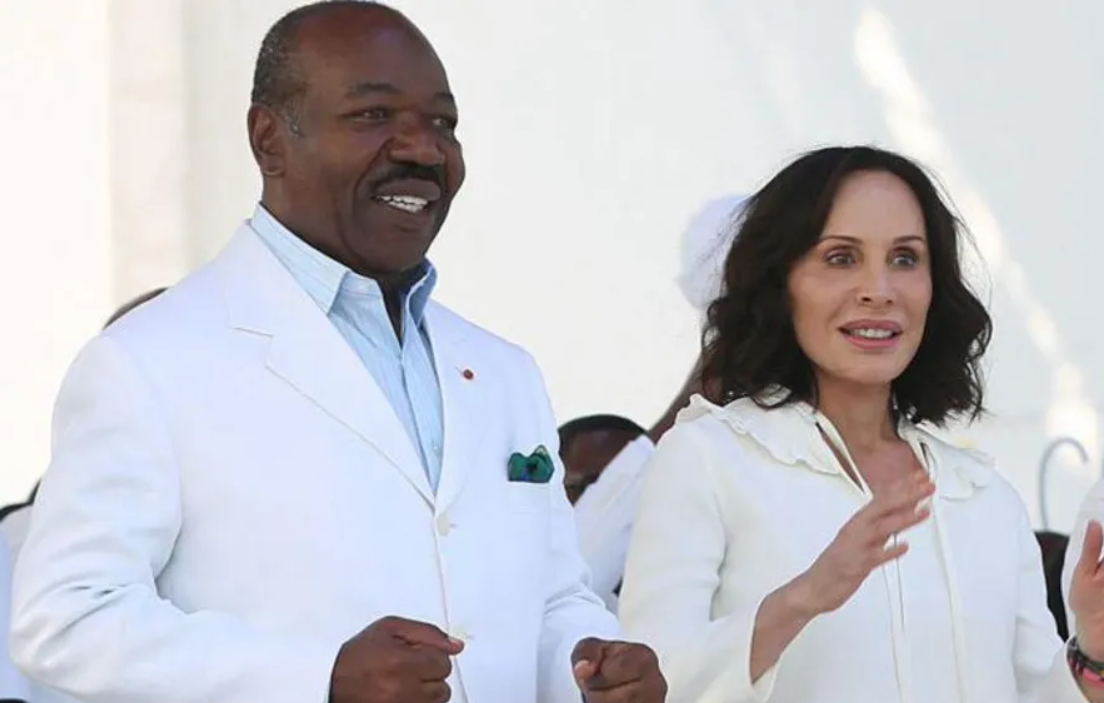The Political Departure of Ali Bongo: A Synopsis
A year after being deposed in a military coup, former Gabonese president Ali Bongo has officially announced his retirement from politics, marking a significant change in the country’s political scene. Bongo has previously stated his desire to give up any national aspirations; therefore, this statement signifies the end of his political career. In a moving letter to the Gabonese people, the 65-year-old ex-president demanded the release of his son and wife, who are both in prison on corruption allegations.
His remarks throw light on the precarious talks with the military dictatorship and make one wonder if Bongo’s decision to step down from his political position is a calculated attempt to release his family. There has been no formal word from the junta regarding whether Bongo’s retirement is related to possible negotiations.
Power and Health: A Historical Overview
When Ali Bongo took over as president of Gabon in 2009, he succeeded his father, Omar Bongo, who had been in power for more than four decades. During Bongo’s over a decade-long presidency, he maintained a close relationship with France, the nation’s former colonial power. During this time, France’s oil-rich ally, Gabon, was one of its most important African friends.
Following his stroke in 2018, which hindered his capacity to lead efficiently, Bongo’s health became an important issue. This was a major concern in the years leading up to Bongo’s highly contentious 2023 presidential campaign. Bongo was removed from office as a result of the controversy surrounding the election results and the subsequent rapid action by the military.
Political Overthrow and Its Consequences
A few days after Bongo was proclaimed the victor of the contentious presidential election in August 2023, the administration was taken over by the military, spearheaded by General Brice Oligui Nguema. Frustration with the Bongo family’s reign had reached a breaking point, therefore many Gabonians welcomed the coup with open arms. Celebrations broke out across the country. French, ECOWAS, and the African Union were among the several international and regional groups who denounced the action.
After the coup, Bongo was ordered to remain at his home. His mobility was still limited even after his release from incarceration one week later. Bongo recently disclosed in a letter that he was being constantly monitored and that his travels needed military approval.
Claims Made Against the Bongos
Ali Bongo expresses deep sorrow for his family, namely his son Noureddin and wife Sylvia, who are presently in prison on severe corruption allegations. Sylvia Bongo is additionally facing charges of money laundering, document falsification, and forgery in addition to the other accusations against her that she embezzled public monies.
Bongo has acknowledged some failures on his part, but he has disputed the charges that he or his family were involved in corrupt activities. He pleaded with the junta to free them, calling them “helpless scapegoats” and mentioning their continuous torture and mistreatment. The military has rejected Bongo’s allegations of violations, but they have remained silent on the details of his claims.
Economic Inequalities in Gabon
Despite Gabon’s abundant natural resources—especially its oil—the country’s riches has not been fairly divided. A third of the population lives in poverty, despite having one of Africa’s greatest oil producers, according to the United Nations. The disparity between the country’s natural riches and the living standards of its inhabitants was a major point of contention during the Bongo family’s lengthy reign. Critics have accused the Bongos of stealing from the country for their own benefit, although the family vehemently denies the accusation.
Even while Gabon made great strides during Bongo’s administration, many of its citizens are still mired in poverty and misery, as he admitted in his letter. This confession shows that he is aware of the feelings of the numerous Gabonese who rejoiced at his deposal.
The Future of Gabon
Ali Bongo hoped that the military would halt the “national suffering” and pave the way for a more equal future for Gabon in his letter, which he used to call for national healing. Additionally, he pleaded with his fellow residents to forego acts of violence and retaliation in favor of a nonviolent shift.
As of right now, General Brice Oligui Nguema is Gabon’s de facto leader, and he has pledged to organize fair elections that will result in a civilian administration. The details of this change, such as when the elections would be held, are not yet known, though. There is already a lot of doubt about Gabon’s political future because Nguema hasn’t said whether he’ll seek for government in the next elections.
Wrapping Up: A Fresh Start for Gabon?
A chapter in Gabonese politics has closed with Ali Bongo’s retirement. The nation is at a crossroads as a result of his family’s lengthy reign of power, which has been marked by increasing inequality and economic prosperity. The military coup that deposed Bongo and began a new era in Gabon’s history has ended Bongo’s leadership.



















